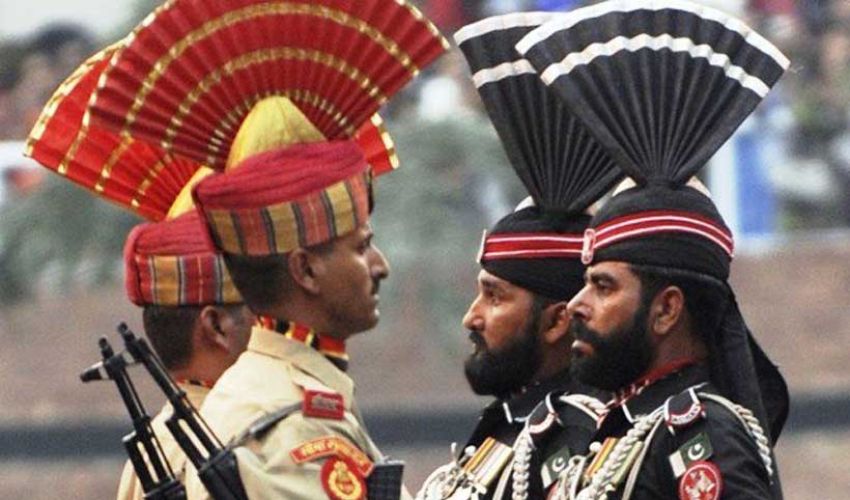A protest has erupted across Ladakh in response to the arrest of prominent environmental activist Sonam Wangchuk and several other key leaders.
The region is experiencing significant disruptions to daily life and movement due to a strike called by the Kargil Democratic Alliance (KDA) and the Leh Apex Body (LAB).
Sonam Wangchuk, known for advocating for the inclusion of Ladakh under the Sixth Schedule of the Indian Constitution, had initiated a ‘Delhi Chalo Padyatra’ from Leh about a month ago. This march aimed to draw attention to the region's demands for statehood and constitutional protections.
Among those detained were notable leaders such as KDA co-chairman Asghar Ali Karblai and Chief Executive Councillor of LAHDC, Mohammad Jaffer Akhoon, who were marching towards Delhi as part of the protest.
The strike, which has severely impacted daily life across the region, is centered on demands for greater rights for Ladakhis, including statehood, constitutional safeguards, expedited recruitment processes through the Public Service Commission, and separate Lok Sabha seats for Leh and Kargil.
The KDA has condemned the arrests as a violation of fundamental rights, asserting that government and police actions have disrespected the democratic rights of Ladakhis.
The All Kargil Students Association Delhi (AKSAD) also denounced the detentions, expressing disappointment over the government’s refusal to allow peaceful marchers to proceed to Delhi.
Both the KDA and AKSAD have urged the Indian government to address Ladakh’s concerns and fulfill commitments made to the region.
Political leaders from Kashmir, including Omar Abdullah and Mehbooba Mufti, have criticized the arrests, highlighting the government's failure to uphold promises to the people of Ladakh.
Abdullah specifically condemned the detention of peaceful citizens, calling it a reflection of the fallout from the abrogation of Articles 370 and 35A in August 2019.
The ongoing protests underscore the growing discontent among Ladakhis regarding their political status and the perceived neglect from the central government.



























